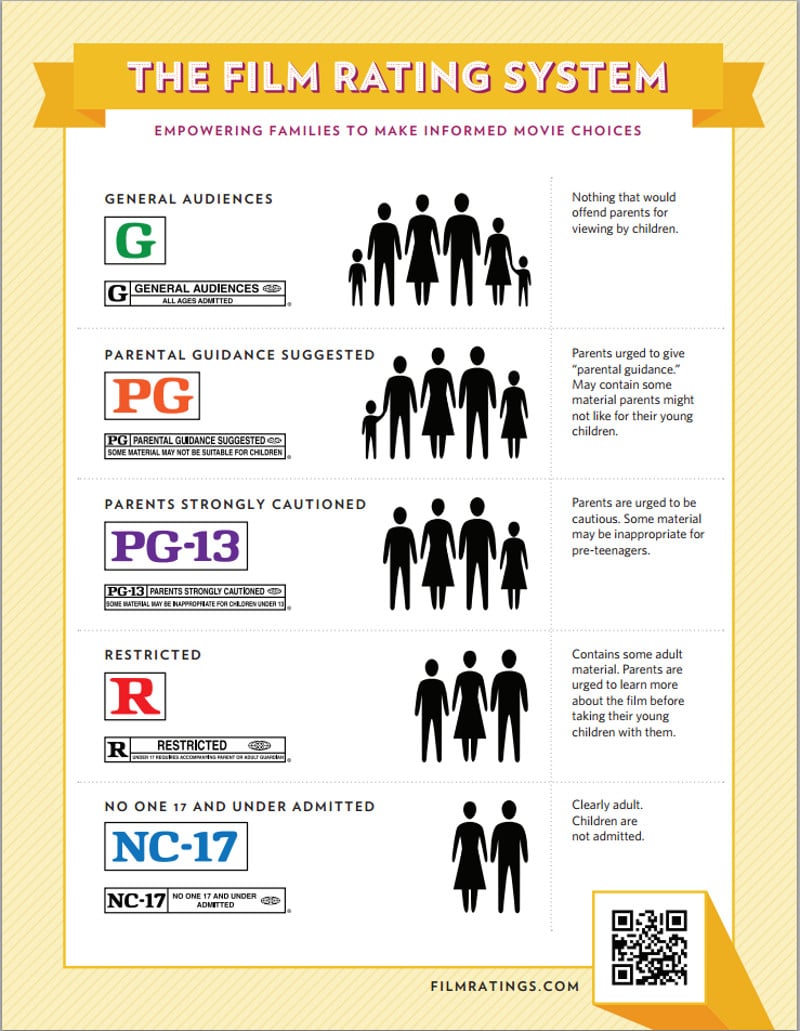Is the entertainment industry as inclusive as it should be? The Screen Actors Guild Awards have long been a benchmark for excellence in acting, but understanding their eligibility criteria can shed light on how inclusivity is addressed within this prestigious domain. Established to honor outstanding performances in film and television, the SAG Awards set stringent production eligibility rules. These rules apply not only to motion pictures but also primetime television productions. Productions must meet specific criteria, including airing or being released during the eligibility period and fulfilling membership requirements of the Screen Actors Guild-American Federation of Television and Radio Artists (SAG-AFTRA).
Understanding these regulations goes beyond mere compliance; it reflects an industry striving to uphold standards that resonate with evolving societal values. For instance, productions must ensure that actors are represented fairly, reflecting diverse backgrounds and identities. This commitment aligns with broader legal frameworks aimed at promoting inclusivity and accessibility across all sectors, including entertainment. Such measures are reminiscent of Title II of the Americans with Disabilities Act (ADA), which mandates equal participation opportunities for individuals with disabilities in civic life. By adhering to such comprehensive laws, the industry ensures that its recognition processes remain equitable and representative.
| Name | [Person's Name] |
|---|---|
| Bio Data & Personal Information | Visit Official SAG Awards Website |
| Career | Actors, Producers, Directors |
| Professional Information | Member of SAG-AFTRA; Recognized by Industry Standards |
In Florida, pornography laws serve as a critical reminder of the importance of respecting community standards while navigating legal boundaries. What constitutes illegal activity under Florida law extends beyond child pornography, encompassing various offenses that may come as a surprise to many. These laws aim to protect individuals from exploitation while maintaining public decency norms. Writers and creators must be particularly vigilant about adhering to these regulations when producing content involving sensitive themes. Similarly, understanding fair use and permissions becomes essential for those quoting or excerpting copyrighted material. Copyright law often resides in gray areas, making it imperative for writers to seek explicit permission when necessary.
For aspiring screenwriters, mastering screenplay format is akin to learning a new language. Writing a movie script requires adherence to specific rules designed to facilitate clear communication between creators and production teams. Proper screenplay formatting ensures that every element—from dialogue to scene descriptions—is presented consistently, allowing directors and actors to interpret the writer’s vision accurately. Aspiring screenwriters benefit immensely from studying professional examples and utilizing tools like software dedicated to screenplay creation. Such resources help demystify the process, enabling beginners to produce polished scripts worthy of consideration by industry professionals.
On another note, Missouri's Graduated Driver License Law exemplifies legislative efforts aimed at enhancing road safety among young drivers. Mandating instruction permits and supervised driving periods for first-time drivers under 18 years old underscores the state's commitment to fostering responsible driving habits early on. Meanwhile, businesses operating in Texas face unique challenges regarding licensing and permitting requirements. With varying city and county regulations, entrepreneurs must navigate complex landscapes to ensure compliance. Seeking legal counsel remains indispensable for businesses aiming to avoid potential pitfalls associated with non-compliance.
In summary, whether addressing entertainment industry standards, navigating local laws, or pursuing creative endeavors, understanding applicable rules and regulations proves vital. From ensuring inclusive practices in award ceremonies to safeguarding communities through robust legal frameworks, knowledge empowers individuals and organizations alike to operate effectively within their respective domains. As industries evolve, staying informed about pertinent laws and guidelines will continue to play a pivotal role in shaping future success stories.



